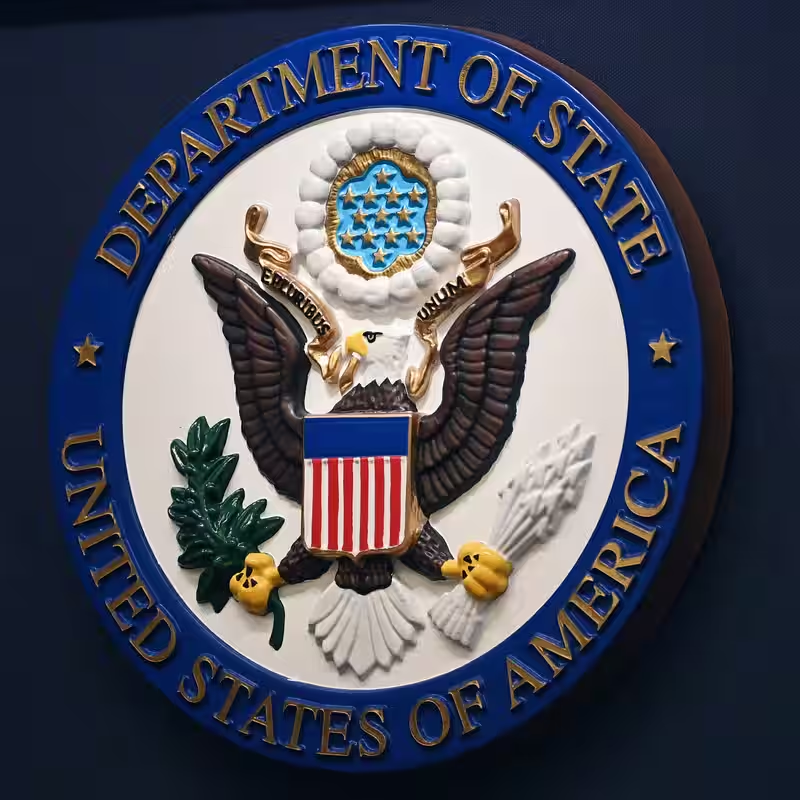Table of Contents
- What Happened: Diplomat Fired for Undisclosed Relationship
- Why This Relationship Raised National Security Alarms
- State Department’s Official Stance
- Past Cases of Diplomatic Security Breaches
- Broader Implications for U.S.-China Relations
- What Happens Next?
- Sources
What Happened: Diplomat Fired for Undisclosed Relationship
In a rare and serious personnel action, the U.S. State Department has fired a foreign service officer for failing to disclose a romantic relationship with a Chinese national—specifically, the daughter of a high-ranking Chinese Communist Party (CCP) official. The termination, confirmed in an internal memo obtained by The New York Times, underscores the growing vigilance within U.S. national security circles over potential foreign influence operations targeting American diplomats .
The U.S. diplomat fired was reportedly stationed in Asia and had regular access to classified information. According to officials, the relationship began several years ago but was never reported through required security clearance protocols—a major violation of Department of State regulations.
Why This Relationship Raised National Security Alarms
Relationships with foreign nationals—especially those tied to adversarial governments—are considered high-risk under U.S. security policy. The concern isn’t just about loyalty; it’s about vulnerability. Foreign intelligence services have long used personal relationships as a tool for coercion, blackmail, or information gathering.
In this case, the woman’s direct familial link to the CCP elevated the risk significantly. China’s Ministry of State Security has been known to exploit such connections, making the diplomat’s failure to report the relationship a serious breach.
State Department’s Official Stance
A State Department spokesperson stated: “All personnel are required to disclose close and continuing contacts with foreign nationals. Failure to do so compromises mission integrity and national security.” The department emphasized that the termination was not based on the diplomat’s personal life per se, but on the omission of a mandatory security disclosure.
Past Cases of Diplomatic Security Breaches
This isn’t the first time a U.S. diplomat has faced consequences over foreign ties. Notable examples include:
- 2019: A U.S. embassy employee in Beijing was reassigned after an undeclared relationship with a Chinese national.
- 2012: CIA officer Glenn Duffie Shriver was sentenced to four years in prison for attempting to provide secrets to Chinese intelligence after being recruited through a job scam—a case that began with social contact.
- 1985: CIA officer Edward Howard was dismissed for failing a polygraph; he later defected to the Soviet Union.
Broader Implications for U.S.-China Relations
The incident arrives amid heightened U.S.-China tensions over trade, technology, and geopolitical influence. With both nations expanding their intelligence and counterintelligence operations, such personnel breaches are likely to face even harsher scrutiny in the future. Experts warn that even seemingly benign relationships can become national security liabilities in the current climate.
What Happens Next?
The fired diplomat may face further investigation by the FBI or the Diplomatic Security Service. While no criminal charges have been filed yet, the case could trigger a broader review of foreign contact reporting compliance across the State Department. Meanwhile, mandatory training on foreign contact disclosure is expected to be reinforced for all overseas personnel.




